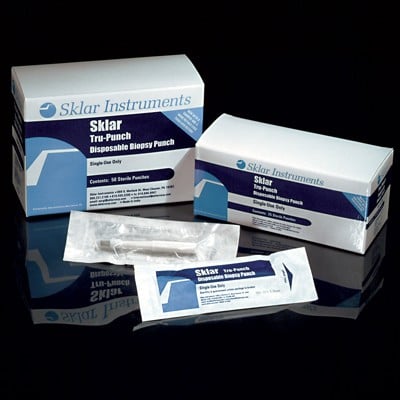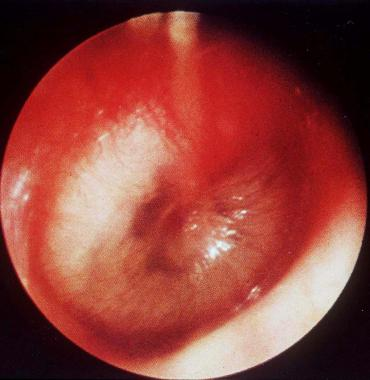Biopsy punches serve many purposes in the global healthcare industry – including utility in diagnostic, therapeutic, and cosmetic procedures. Their simplicity as a surgical tool belies their tremendous impact as one of the first instruments to perform skin biopsy procedures successfully with minimal healing time.
Topics: Research, Biopsy Punch, Surgical Instruments
Purchasing surgical instruments for your healthcare facility? Here are the five steps that reveal how purchasing high quality instruments will drive productivity, quality patient care, cost savings, and surgeon satisfaction.
Topics: Insider, Research, Surgical Instruments
10 Best Practices Against Cyber Security Threats, Part II
As we discussed in Part I of this series, the protection of sensitive data and patient files is a daily challenge for healthcare facilities in a technologically advanced world. If ignored, these threats can seriously impact the safety of patients and staff, and increase healthcare costs. Herewith, in Part II, we continue with the remaining five targeted areas. Click to review Part I in this series, where we cover Ransomware, Phishing, Malware, mobile devices, and data protection in Class III medical devices.
Topics: Insider, Research, Healthcare, Technology
10 Best Practices Against Cyber Security Threats, Part 1
A major challenge healthcare facilities face daily is protecting sensitive data and patient files in a technologically advanced world. More than ever, hackers and identity theft thieves are targeting healthcare facilities and their sensitive data.
Topics: Insider, Research, Healthcare, Technology
As technological advances in healthcare evolve, innovations abound – in the form of digital heath tools, new programs, analytic platforms, and database systems. Those in the industry willing to embrace these new developments are able to grow and prosper.
Topics: Insider, Research, Healthcare, Technology
While most healthcare providers and hospitals do their best to ensure the safety of their patients, safety concerns continue to be an ongoing challenge worldwide. According to the World Health Organization, “one in ten patients are harmed whilst receiving health care.”¹ Facilities aiming to produce better outcomes and patient satisfaction must have patient safety as their top priority—for both the organization and the patients.
Topics: Sklar, Care & Cleaning, Research, Healthcare, Surgical Instruments, Patient Safety
The Epigenome and its Role in Cancer Treatment
What is the epigenome?
The epigenome is a mixture of chemical compounds and proteins that attach to DNA and tell the genome what to do. It turns genes on or off, controlling the production of proteins in a particular cell.1 These chemical compounds modify cell division, and may be inherited. Recent studies, however, show that environmental influences, such as diet and exposure to pollutants, can alter the epigenome.2 The epigenome is what makes each individual unique. It is what makes some of us have darker or lighter skin, controls the color and texture of our hair, and explains why some people are more introverted while others are extroverts.3
Topics: Sklar, Research, Healthcare, Surgical Instruments, World Cancer Day
Surgical instruments are specially designed tools that assist health care professionals carry out specific actions during an operation. Most instruments crafted from the early 19th century on are made from durable stainless steel. Some are designed for general use, and others for specific procedures. There are many surgical instruments available for almost any specialization in medicine. There are precision instruments used in microsurgery, ophthalmology and otology. Most surgical instruments can be classified into these 4 basic types:
Topics: Sklar, Sterile Disposables, Research, Healthcare, Single-use Instruments, Surgical Instruments
Acute ear infections affect one in ten people worldwide, and children aged five and under account for half of the cases. Five percent of those with the acute stage eventually develop chronic otitis media (COM) with a significant portion of patients under age five.1 This condition is a persistent infection which does not heal properly and oftentimes does not respond to medical treatment. In these cases, surgical intervention may be required to get rid of the infection.
Topics: Sklar, Research, Healthcare, Single-use Instruments, Surgical Instruments, ENT
The Early Years
What is known today as ophthalmology dates back to the Bronze Age. Initial written documentation regarding the eyes was recorded in 2250 B.C. Hammurabi, The king of Babylon, declared a series of laws with important instructions specifically directed to those who dared handle the eyes in a careless way. One entry reads: “If a man destroy the eye of another man, they shall destroy his eye.”1
Topics: Sklar, Research, Surgical Instruments, Ophthalmology












